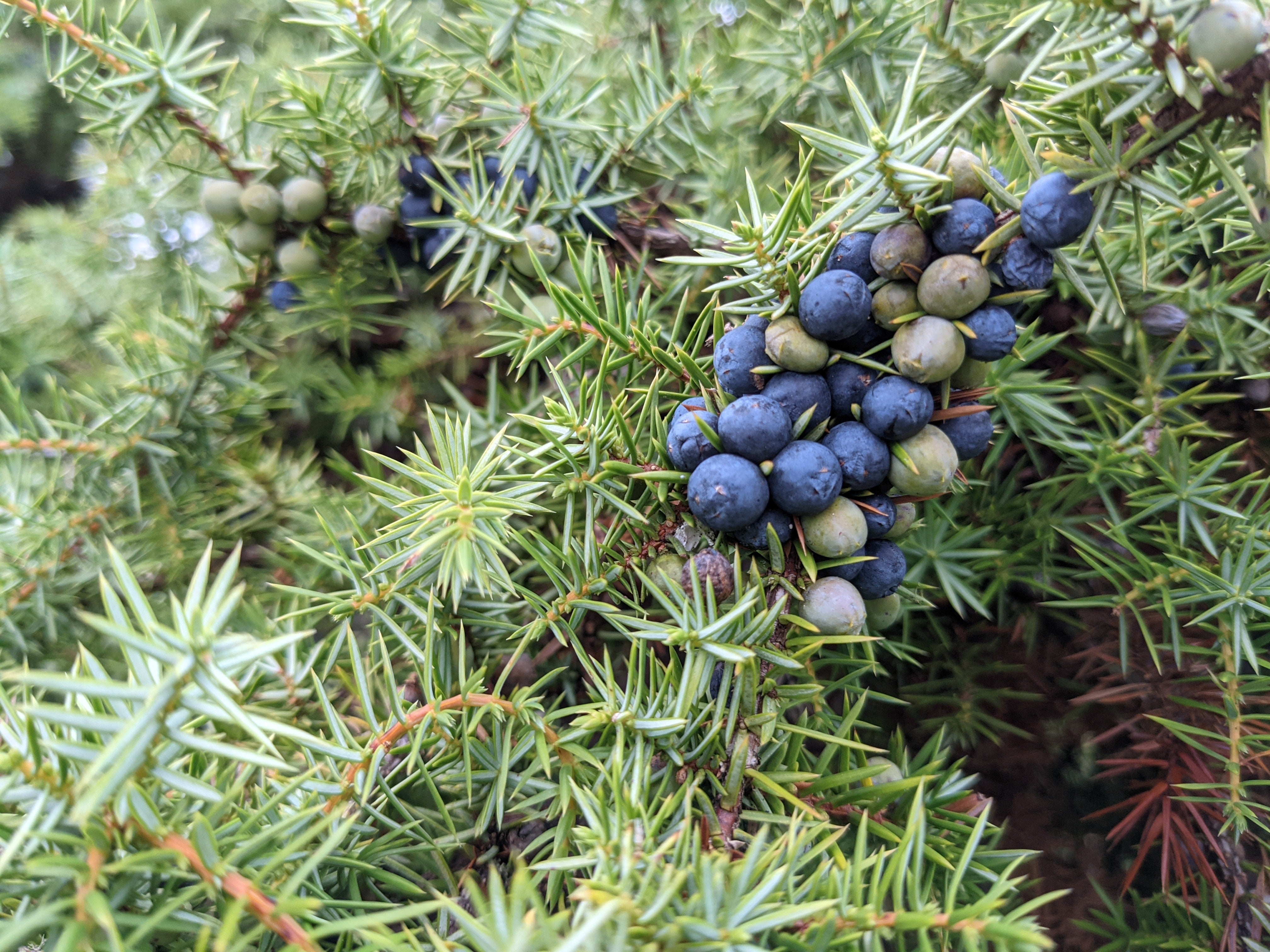Call for action to stop ‘invasive hitchhikers’ threatening UK wildlife
Red squirrels, juniper trees and the humble earthworm are among the British wildlife at risk from imported non-native species.

Your support helps us to tell the story
From reproductive rights to climate change to Big Tech, The Independent is on the ground when the story is developing. Whether it's investigating the financials of Elon Musk's pro-Trump PAC or producing our latest documentary, 'The A Word', which shines a light on the American women fighting for reproductive rights, we know how important it is to parse out the facts from the messaging.
At such a critical moment in US history, we need reporters on the ground. Your donation allows us to keep sending journalists to speak to both sides of the story.
The Independent is trusted by Americans across the entire political spectrum. And unlike many other quality news outlets, we choose not to lock Americans out of our reporting and analysis with paywalls. We believe quality journalism should be available to everyone, paid for by those who can afford it.
Your support makes all the difference.Wildlife from red squirrels to earthworms and juniper trees are among those most at risk from invasive species, conservationists have warned.
Experts are calling for strict Government plant import restrictions and want gardeners to “buy British” to avoid bringing in new invasive species that could threaten more of Britain’s nature.
Wildlife and Countryside Link, a coalition of nature groups, has released a list of the 10 native species it considers most at risk from invasive plants, animals and fungi through disease, competition or being eaten.
The list contains well-known species such as the red squirrel, which has suffered a 96% drop in numbers since its grey cousin was introduced from America in the 19th century, and water voles, lost from 94% of their range due to predation from American mink from fur farms.
It also includes the common earthworm which is being preyed on by New Zealand flatworms that were introduced to the UK through imported potted plants, soils and compost, and the freshwater shrimp which is under threat from “killer shrimp”.
Native oysters, white-clawed crayfish, depressed river mussels and even Manx shearwaters – whose populations are threatened by brown and black rats on their island homes – are also on the list of those most at risk.
Juniper – one of the UK’s rarest trees and a key ingredient in gin – is threatened by the fungus-like pathogen Phytophthora austrocedri while ash trees are being hit by ash dieback caused by a non-native fungus.
Both are thought to have arrived through the plant trade and the conservationists warned horticulture is a key route for importing some non-native species, including fungi, flatworms, ants and slugs on soil and plants.
A host of species are already established in the UK via plant or soil imports and doing harm, including Spanish slugs – known as “super slugs” – which are voracious eaters of garden plants, crops and wildflowers and are too slimy for hedgehogs and birds, and resistant to poisons, the experts said.
Red lily beetles, harlequin ladybirds and oak processionary moths are also causing damage while more species, such as emerald ash borer beetles, twoleaf water milfoil plants and Asian hornets, are an imminent threat.
Dr Richard Benwell, chief executive of Wildlife and Countryside Link, said: “Invasive species are one of the top threats to wildlife. They’re also bad for business, affecting fishing, farming and leisure industries alike.
“Here in the UK some of our most cherished species, from red squirrels to juniper trees, are suffering huge declines as they face disease, predation and competition from invasive species.”
He urged: “Prevention is better than cure so it’s important to stop further invasive species before they gain a foothold.
“Improved biosecurity measures are vital to prevent harmful species from hitching a hidden lift into the country in plants, trees and soil.”
We also need the Government to drive change in the horticulture industry to help stop invasive hitchhikers
From next month, all trees funded under Government tree-planting schemes will need to meet new biosecurity requirements to help tackle the threat but the conservation groups want ministers to go further.
The new biosecurity requirements should be extended to all trees and potted plants entering the country while imported timber, soil and compost should be heat-treated to eradicate harmful hitchhikers and plants should be transported soil-free, they said.
And there should be support to expand UK tree and plant growing for domestic sales to cut the reliance on importing horticultural products, the conservationists say.
Dr Paul Walton, head of habitats and species at RSPB Scotland, said there were simple things that people can do to help.
“Avoiding imported garden plants and compost – and using peat free, of course – is one.
“But we also need the Government to drive change in the horticulture industry to help stop invasive hitchhikers,” he said.
Craig Macadam, conservation director at Buglife, added: “By buying home-grown British plants you can help to prevent invasive species reaching your garden and our countryside.
“While these species may be harmless in their native environments they can wreak havoc here, which is why we need much stricter controls on soil and plant imports and to boost home-grown plant production.”
An Environment Department (Defra) spokesperson said: “We continually assess the changing threats to plant biosecurity, with a robust regime to minimise risks, enhance safeguards and meet World Trade Organisation standards on protective measures.”
“Invasive non-native species cost the economy £1.86 billion a year – we are committed to reducing this impact,” they added.